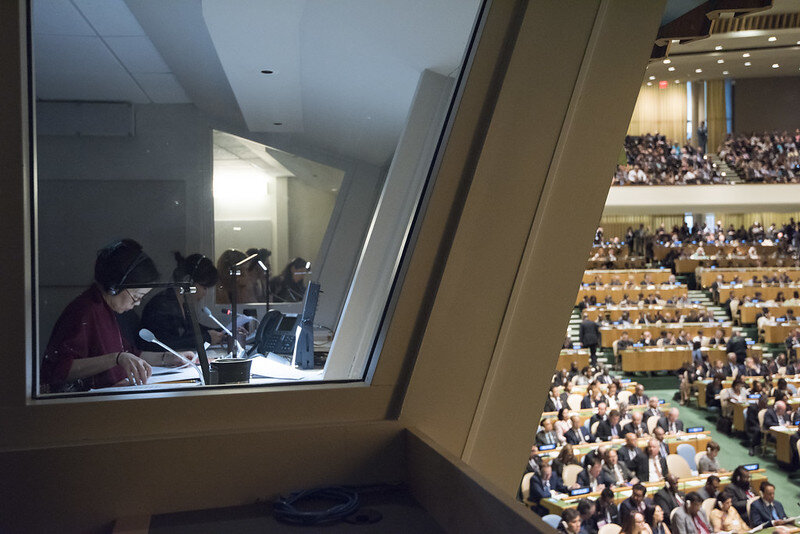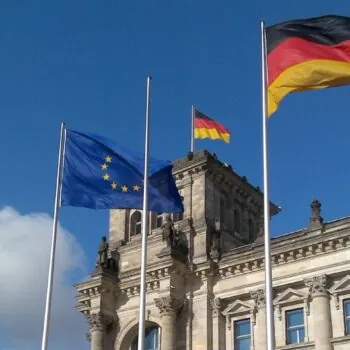- World leaders are in New York until 27 September for the 77th meeting of the United Nations General Assembly (UNGA). Simultaneously, from 21 to 23 September, energy policymakers and ministers will meet in Pittsburgh for the Global Clean Energy Action Forum, which includes the Clean Energy Ministerial (CEM) and Mission Innovation (MI) summit.
- The meetings are an opportunity for world leaders and ministers to show how they will tackle multiple crises – growing climate impacts, energy insecurity, food shortages, and economic uncertainty.
- E3G experts are available for comment and background briefing on the prospects for these moments amidst a background of geopolitical tensions.
UN General Assembly 77 – the key things to watch
Climate urgency vs geopolitical tensions. Unrelenting extreme weather events like the devastating floods in Pakistan are expected to feature in many leaders’ speeches. UNGA will be a test of Leaders’ political will to set aside tensions to agree on bold new ways to engage and coordinate on climate action.
Maintaining political attention on climate plans. 23rd September is the deadline for governments’ enhanced climate commitments (NDCs) to make it into the next UN climate synthesis report. Countries yet to enhance their NDCs – like Mexico, Indonesia, Brazil – are in the spotlight as well as G20 major emitters whose ambition doesn’t align with limiting global warming to 1.5C. Amidst a breakdown in relations, climate ambition could be a new ground for US-China competition.
Finance for climate and development. UNGA must find ways to increase financial flows to developing and middle-income countries worried about balancing their books post-COVID while donor countries face inflation and populations focused on cost-of-living. The newest climate financing initiative, the Just Energy Transition Partnerships (JET-Ps) is expected to get a lot of air-time. But the priority list is long and financing action to address climate loss and damage will be high on developing countries’ agendas. UNGA is a near-last chance to find compromise on this issue after a breakdown in the mid-year UN climate negotiations in Bonn. Mia Motley’s address as a follow-up to COP26, and world leaders’ reactions will indicate courage, commitment, and creativity to reform international financial architecture to build resilience to shocks.
Available for UNGA77 comment and background briefings
For background and comment on the UN General Assembly:
Kate Levick, Associate Director, E3G (Sustainable Finance)
+44 7983 484 573, kate.levick@e3g.org
Taylor Dimsdale, Associate Director, E3G (Risk and Resilience)
+1 (0) 240-381-4594, taylor.dimsdale@e3g.org
Juan Pablo Osornio, Programme Lead, E3G(Rules, trade levers, EU-US cooperation, German climate foreign policy, China)
+49 151 1760 4965, juanpablo.osornio@e3g.org
Alden Meyer, Senior Associate, E3G (UNFCCC and G7/G20 dynamics, mitigation ambition, climate finance, US policy and politics, New York Climate Week)
+1-202-378-8619, Alden.meyer@e3g.org
Frank Schroeder, Associate, E3G (Public Banks)
– ENDS –
Notes to Editors
- E3G is an independent climate change think tank with a global outlook. We work on the frontier of the climate landscape, tackling the barriers and advancing the solutions to a safe climate. Our goal is to translate climate politics, economics and policies into action. About – E3G
- For further enquiries email press@e3g.org or phone +44 (0)7783 787 863


